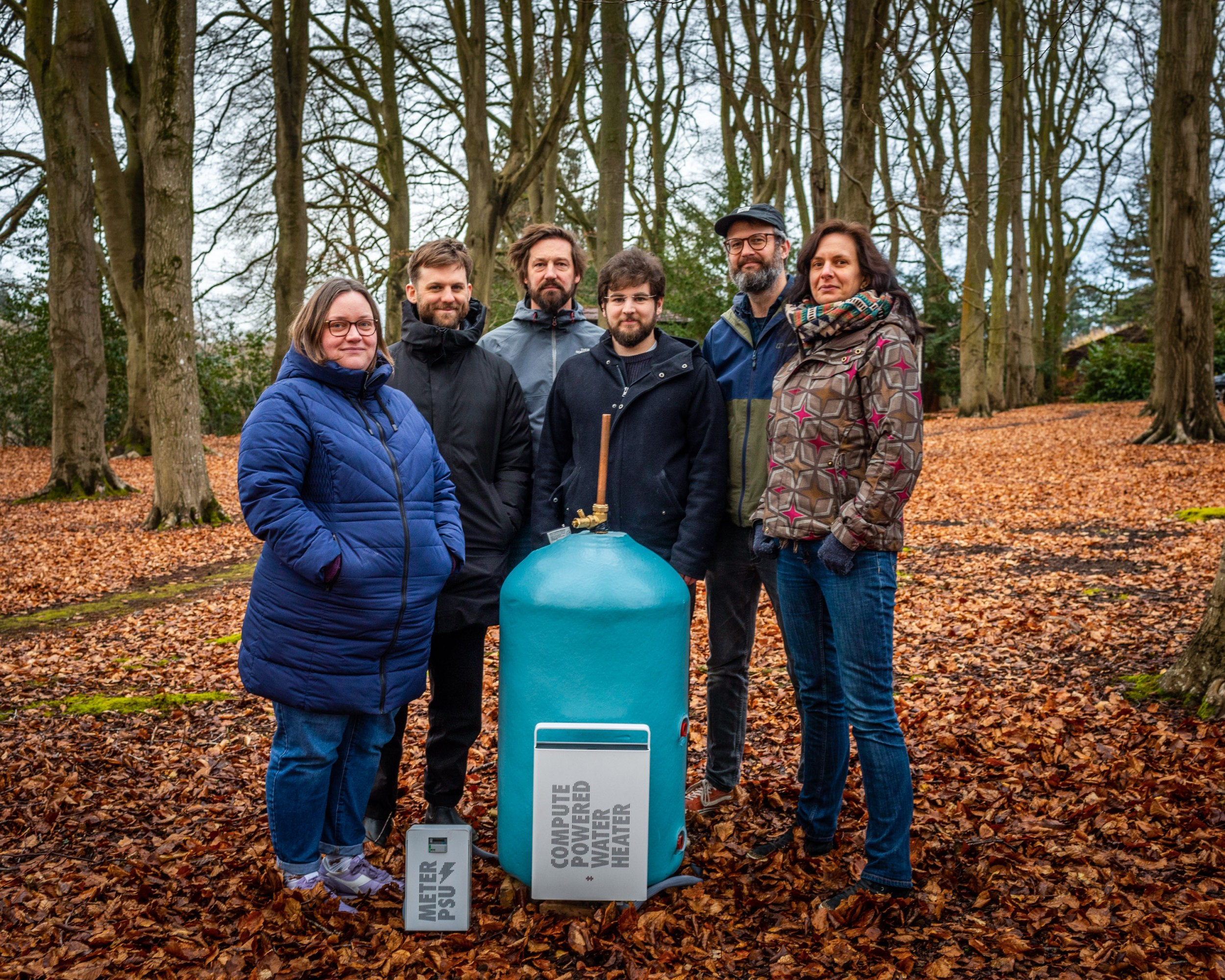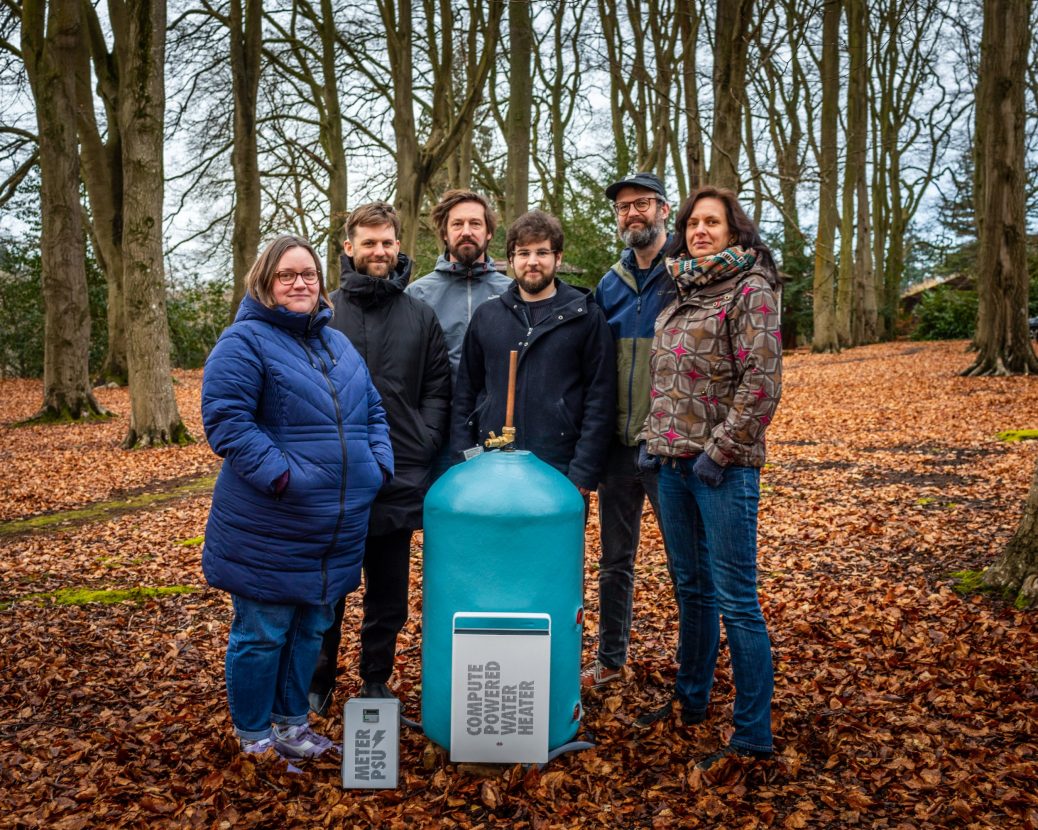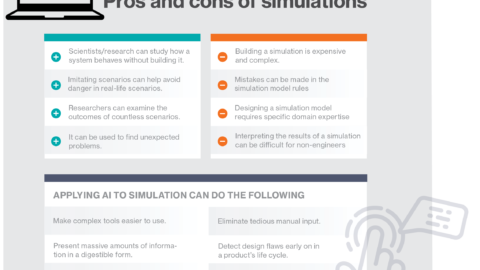Heata’s process is simple yet introduces a radical shift toward sustainable management of data centers: instead of being cooled with fans, which is expensive and energy intensive, computers are cooled by a patented thermal bridge that transports the heat from the processors toward the shell of the boiler. And rather than operating with a data center located in an energy-intensive location, Heata works as an intermediary for computing: it receives workloads and distributes them to local homes for processing. Businesses that need to process data are using the Heata network as a sustainable alternative to traditional computing.
The company has created what Heata’s designer and cofounder Mike Paisley describes as a diffuse data center. Rather than cooling a building that holds many servers, he explains, “our model of sustainability moves data processing [to] where there is need for heat, exploiting thermal energy waste to provide free hot water to those who need it, transforming a calculation problem into a social and climatic advantage.”
The people involved in the Heata experiment are diverse in age and household composition, and their reasons for participating are varied: a need to save on bills, a love for the environment, an interest in helping combat climate change, and fascination with seeing a computer heat the water.

LUIGI AVANTAGGIATO
Among the satisfied customers is Helen Whitcroft, mayor of Surrey Heath. “We started reducing our carbon footprint many years ago by installing photovoltaic panels,” she says. “We recently bought batteries to store the energy we produce. Curiosity also moved us: it didn’t seem possible that a computer could heat water, but it works.”
Luigi Avantaggiato is an Italian documentary photographer.





Recent Comments